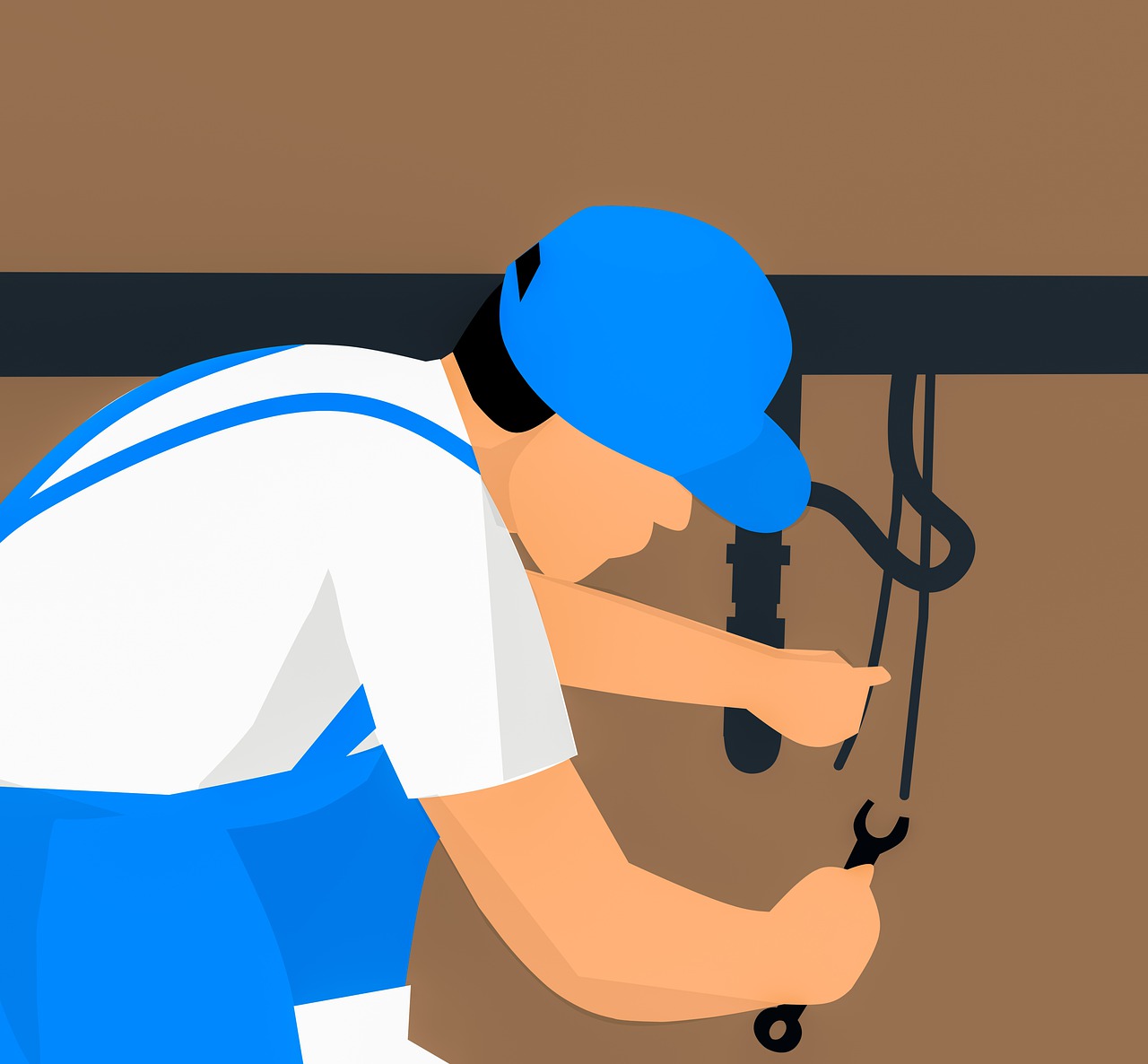AVOID CRIPPLING COSTS WHEN STARTING A BUSINESS IN TRADE:
Business owners should be spending an average of £33,975.34 when embarking on a new venture
Jobs in trade are extensive and varied, and it’s no surprise that it’s becoming more appealing for experienced tradespeople to run their own businesses. Being an entrepreneur means more flexibility and independence but it also comes with risks and isn’t something to embark on lightly.
Starting a business in landscaping is the most expensive of the five trades Dickies Workwear have been researching. Landscape owners will have to invest £34,782.79 to get their business up and running! Transport will be the aspect that all tradespeople will spend the most money on initially (and continually), with a van, insurance and fuel coming in at a high £31,502.75.
To provide more guidance, the trade lifestyle experts at Dickies Workwear have created a guide that outlines the essential overhead costs that people may see when starting a business in different trades.
Overhead costs by trade
Plunging into Plumbing
From modes of transport to safety equipment, the data found that the true cost of starting a plumbing business is £32,846.42. This includes necessities such as a work jacket (av. £52.44), a pressure tester (av. £203.40) and – something lots of us forget to factor in – insurance (£407.01 per year).
A problem that plumbers find is that customers can purchase the equipment online at decent prices, so may want to give the task a go themselves. They might change their mind however when a small leak in the bathroom turns into a very big problem…
Electrifying the Odds
A spokesperson from All Sparks Electrical Sources said that building a customer base and finding work is the biggest challenge a new electrician can have. Our data also conveyed that protective gear and equipment for electricians are slightly more expensive than for plumbers, but safety is a crucial expenditure.
The average cost of essential safety gear alone is £1,402.56 and includes: safety boots (av £52.76), insulated gloves (£6.83) and safety glasses (av £8.17). The true cost of becoming an independent electrician is £33,312.32.
Constructing a Plan
Construction businesses require heavier pieces of equipment to get up and running, and owners will find themselves spending a total of £34,221.13. £2,311.47 of this will be spent on essential equipment like a laser level (av £192.55) and drywall sander (av £581.51).
T H Electricals also reminds newbies that having a clear business plan is extremely important in running a successful construction business. They will more than likely be in charge of their own books, so becoming savvy with numbers and admin is also helpful.
Carving out your Future
Good quality electrical tools are a MUST when it comes to owning a carpentry business. Saws (av £239.43), knives (av £10.12) and extension cords (av £15.18) are all essentials, while niceties include air compressors (av £216.32) and cordless nail guns (£414.15). Ultimately, carpentry entrepreneurs will find themselves investing £34,714.05 to kick off the business.
Lots of people start carpentry as a side hustle, using their creative juices to carve stunning bits of work. Tom Sebborn Joinery’s advice is to make sure business owners keep their overheads as low as possible and be wary of outgrowing their abilities.
Landing a Landscaping Business
Owning a landscape business not only has the same requirements as other trades, but owners will have to factor in the weather. Love the sun? Great. Enjoy the rain? Even better! They’ll need to get used to every season as a landscaper.
It’s important to buy equipment that can withstand rough climates if necessary. Cordless lawn mowers (av £300.92) and waterproof overalls (av £95) are just two examples. Landscapers have the largest upfront cost of these five trades – a total of £34,782.79.
Mark Tapper from Dickies Workwear said:
“It can be tempting for those in the trade industry to want to work for themselves and we can see why. Having these overhead costs broken down can help provide an understanding of what people need to embark on this new adventure.
At Dickies Workwear, it is our goal to ensure tradespeople have the correct equipment, with safety being our top priority. Investing in quality equipment and workwear goes hand-in-hand with doing a fantastic job and making customers happy. Afterall, happy customers equal a happy business! We hope that our guide helps others take the plunge into the world of self-employment.”
To view the full guide on the true cost of owning a trades business, check out the Dickies Workwear blog here.

